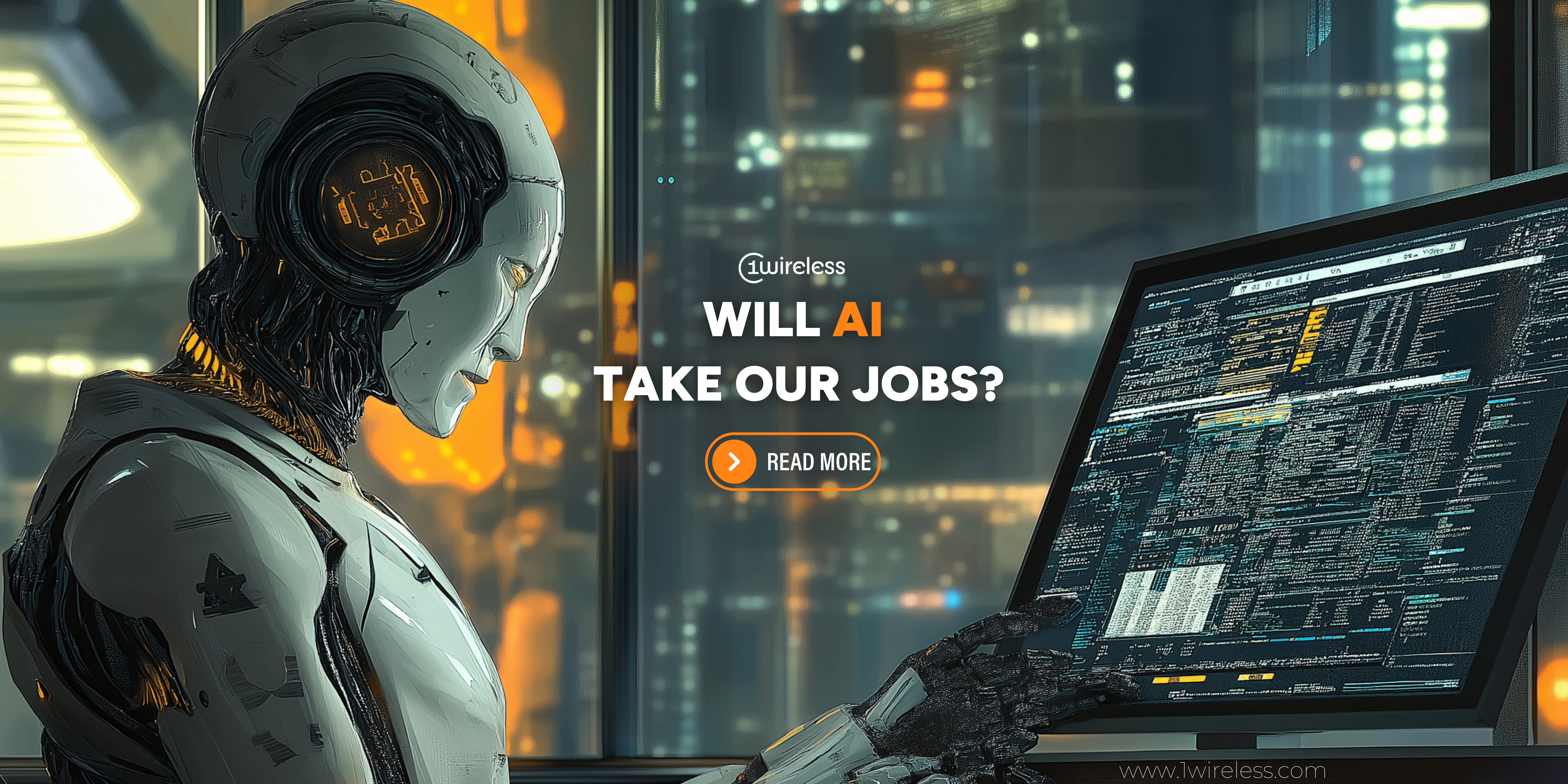In today’s rapidly advancing technological world, the question of whether Artificial Intelligence (AI) will replace human jobs is a constant source of anxiety. As AI technologies continue to evolve, their capabilities to automate tasks, analyze data, and even mimic human decision-making raises concerns about the future of employment. Some see AI as a revolutionary force, boosting productivity and creating new jobs. Others fear unemployment and widening economic gaps. Navigating this era requires embracing AI’s potential while minimizing its downsides, shaping the future of work and our economic landscape.
AI in the Workforce
One of the biggest concerns surrounding AI is its potential to automate tasks currently performed by humans. From assembly line jobs to data entry positions, AI’s ability to perform repetitive tasks with efficiency and accuracy could lead to significant job losses in certain sectors. This automation threat raises concerns about economic inequality, as displaced workers might struggle to find new jobs requiring different skillsets.
AI can also free up human workers from tedious and repetitive tasks, allowing them to focus on more creative, strategic, and social aspects of their jobs. AI-powered customer service bots can also handle basic inquiries, allowing human representatives to deal with more intricate customer issues.
Who Will Be Impacted?
The impact of AI on employment will vary depending on several factors, including tasks that are routine, predictable, and data-driven are most susceptible to automation. This includes jobs in manufacturing, transportation, customer service, and data entry. Also, jobs requiring specific technical skills are more likely to be automated than jobs requiring creativity and social skills. Lastly, some industries, like manufacturing and finance, are more likely to see significant disruption from AI than others, like healthcare and education, which require a strong human touch.
A Collaborative Future: Humans and AI Working Together
The future of work in the age of AI is a collaborative partnership where humans and AI leverage each other’s strengths. AI can handle repetitive tasks, freeing humans to focus on creativity, innovation, and social interaction. The key lies in preparing ourselves for a future where humans and intelligent machines work together to create a more prosperous and innovative world.
The Road Ahead: Embracing the Potential
The rise of AI presents both challenges and opportunities for the future of work. While the anxieties surrounding job displacement are valid, we can reduce them by embracing AI’s potential. By proactively preparing the workforce and fostering collaboration, we can ensure that AI becomes a tool that empowers humanity, not replaces it.
